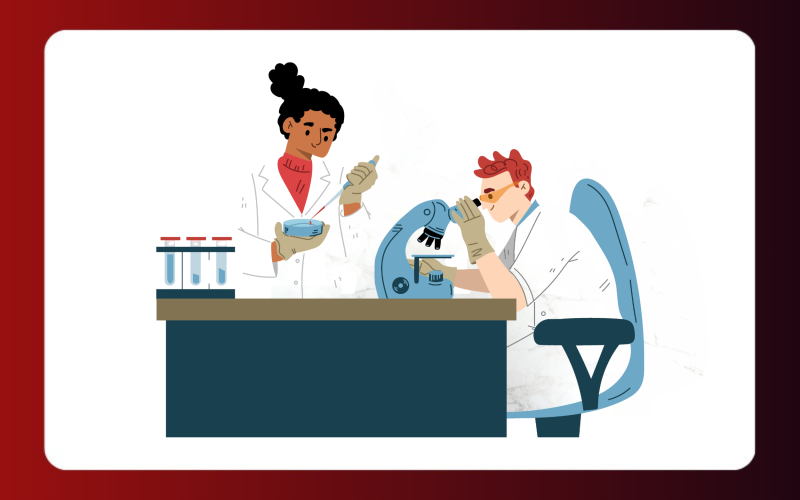Admission Enquiry

The M.Voc. (Master of Vocation) program in Bio-Medical Technology is a specialized course designed to equip students with advanced knowledge and skills in the field of biomedical engineering and technology. It focuses on the application of engineering principles and techniques to solve challenges in healthcare, medical diagnosis, and treatment.
Throughout the program, students delve into various aspects of biomedical technology, including medical imaging, diagnostic equipment, prosthetics, medical instrumentation, and biomedical signal processing. They learn about the design, development, testing, and maintenance of medical devices and equipment used in hospitals, clinics, and research laboratories.
The curriculum covers a wide range of topics, including anatomy and physiology, bioinstrumentation, medical imaging techniques (such as MRI, CT scan, and ultrasound), biomaterials, biomechanics, physiological modeling, and regulatory aspects of medical device manufacturing. Students also gain practical experience through hands-on training in laboratories and workshops, where they learn to operate and troubleshoot biomedical equipment.
The program emphasizes the integration of engineering principles with biological sciences and healthcare practices. Students learn to collaborate with medical professionals, clinicians, and researchers to understand the needs of patients and develop innovative solutions to improve healthcare outcomes.
Graduates of the M.Voc. program in Bio-Medical Technology are prepared to pursue careers in various sectors, including healthcare institutions, medical device companies, pharmaceutical companies, research organizations, and government agencies. They can work as biomedical engineers, clinical engineers, medical device designers, regulatory affairs specialists, quality assurance managers, and healthcare technology consultants. With their expertise in biomedical technology, they play a crucial role in advancing medical diagnostics, treatment methods, and patient care.
Copyrights © 2024 NIILM UNIVERSITY. All rights reserved.